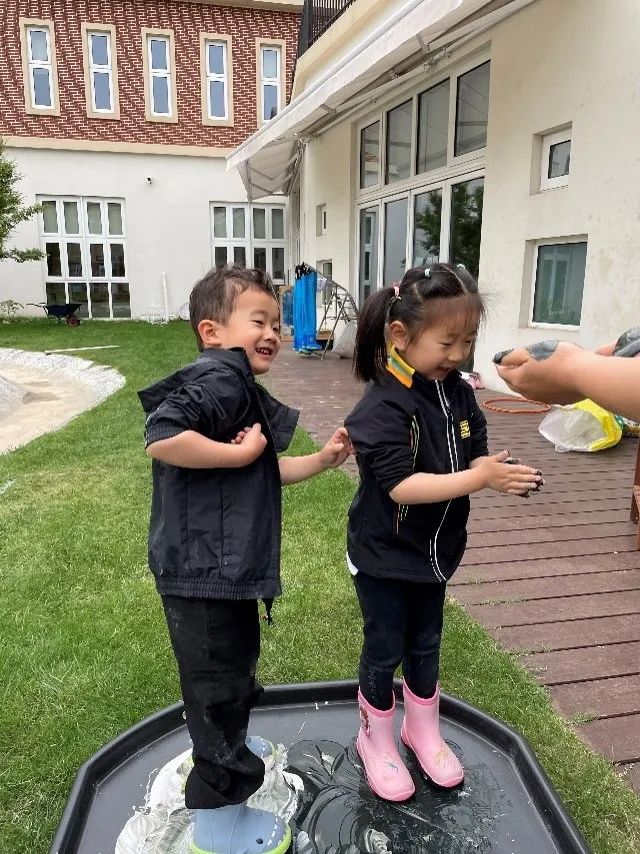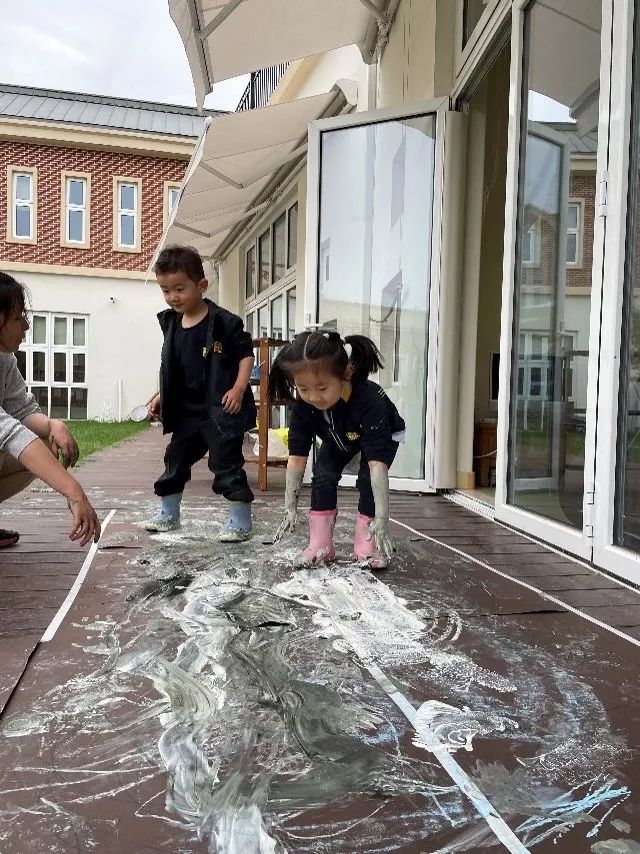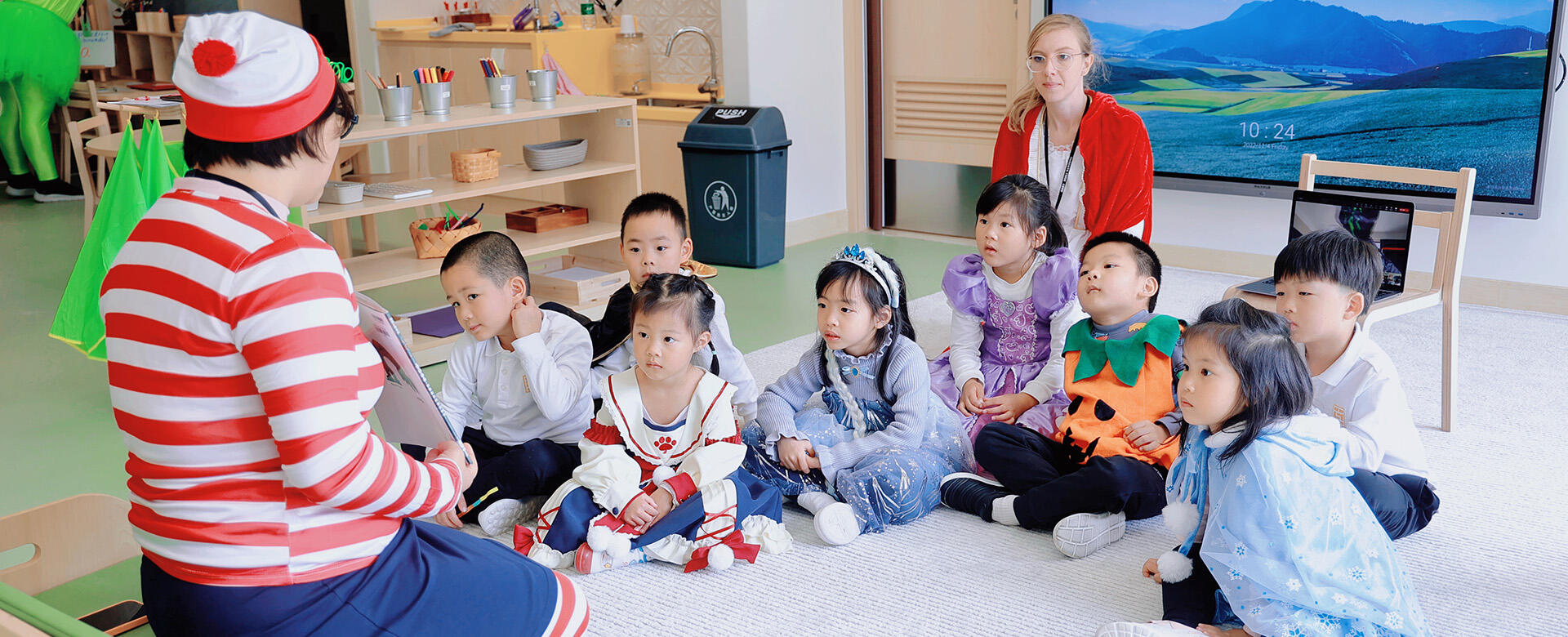

As humans the skills to manage and handle our emotions don’t come naturally, they’re something taught to us. Even for adults, we can often neglect to deal with them until it becomes an unmanageable issue, and, due to their age, children often lack sufficient language and skills to express their complex emotions. At Hiba Academy Nantong, teachers cleverly allow children to better deal with and understand emotions through experiencing art and music, enhancing their emotional understanding ability.
As we begin to explore our emotions, we first want to understand how children understand their own feelings and how they express them. We looked at four main emotions: Anger, happiness, sadness, and fear. The children have been sharing their thoughts:
Anger
Some children told us that when they’re angry they stomp their feet and shout.
Happiness
The children shared with us that they smile and laugh when they are happy.
Sad
When it came to 'sadness', the children mentioned that they would shed tears if they felt sad.
Scared
How do you express fear? The children said they might scream when they are afraid.
Based on this, the teachers and the children played a game: Good music is full of the emotions of the composer. Different songs were played, and the children had to choose the card that they thought best represented the emotion in the song, taking into account their perception of the emotion.
For Vivaldi’s Spring, some children said the music was happy because it makes them smile! When they heard Night on Bald Mountain by Mussorgsky, some said it was scary and felt like a monster was chasing them.
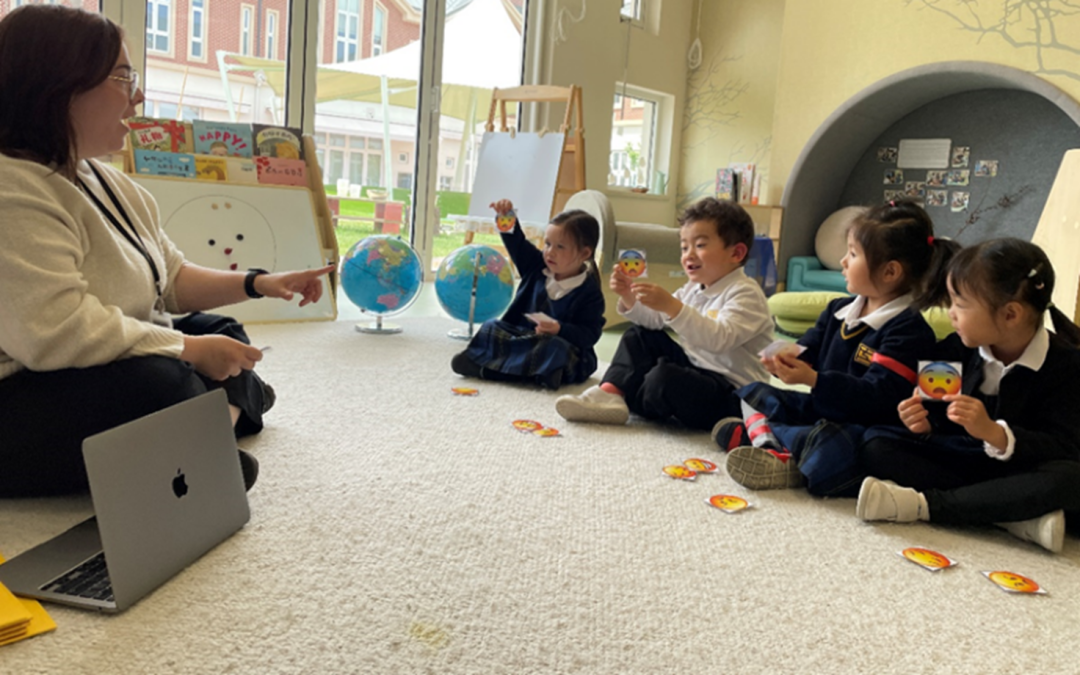
The children were immersed in it and even began to challenge themselves further: to create their own emotional music! The teacher held up different emoticons and asked the children to choose instruments that matched the corresponding emotions based on their own perception. The sad card inspired slow and quiet music, while the angry card brought loud and fast music!
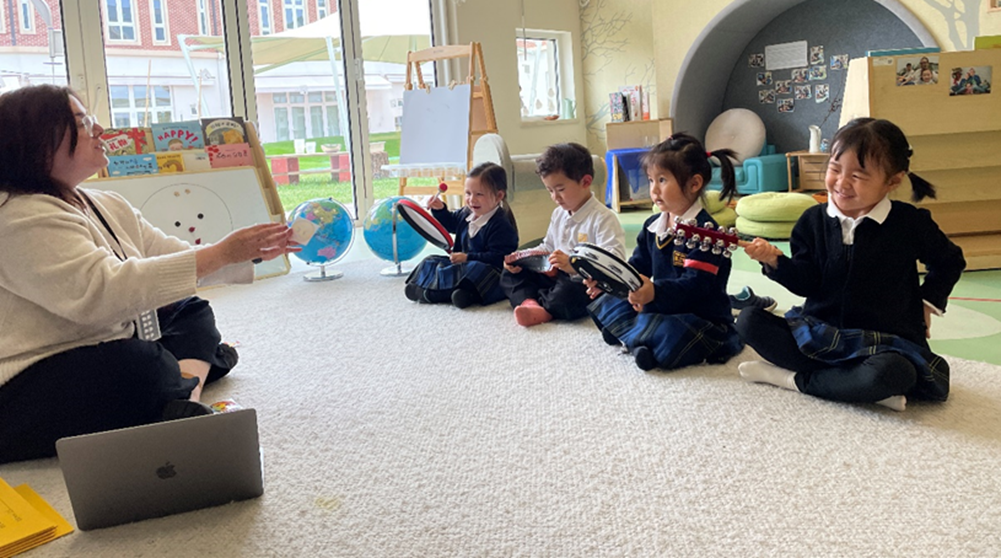
By combining emotional teaching with music, not only can children's music appreciation ability be improved, but their emotional understanding ability can also be enhanced. Good emotional understanding plays an important role in young children's establishment of social structures and self-affirmation. Nursery is a key place for emotional education and promoting the development of children's emotional understanding and expression abilities. Here we provide children with the opportunity to experience different emotions, such as happiness, sadness, anger, etc., so that they can better understand and express their emotions to grow and develop better.
